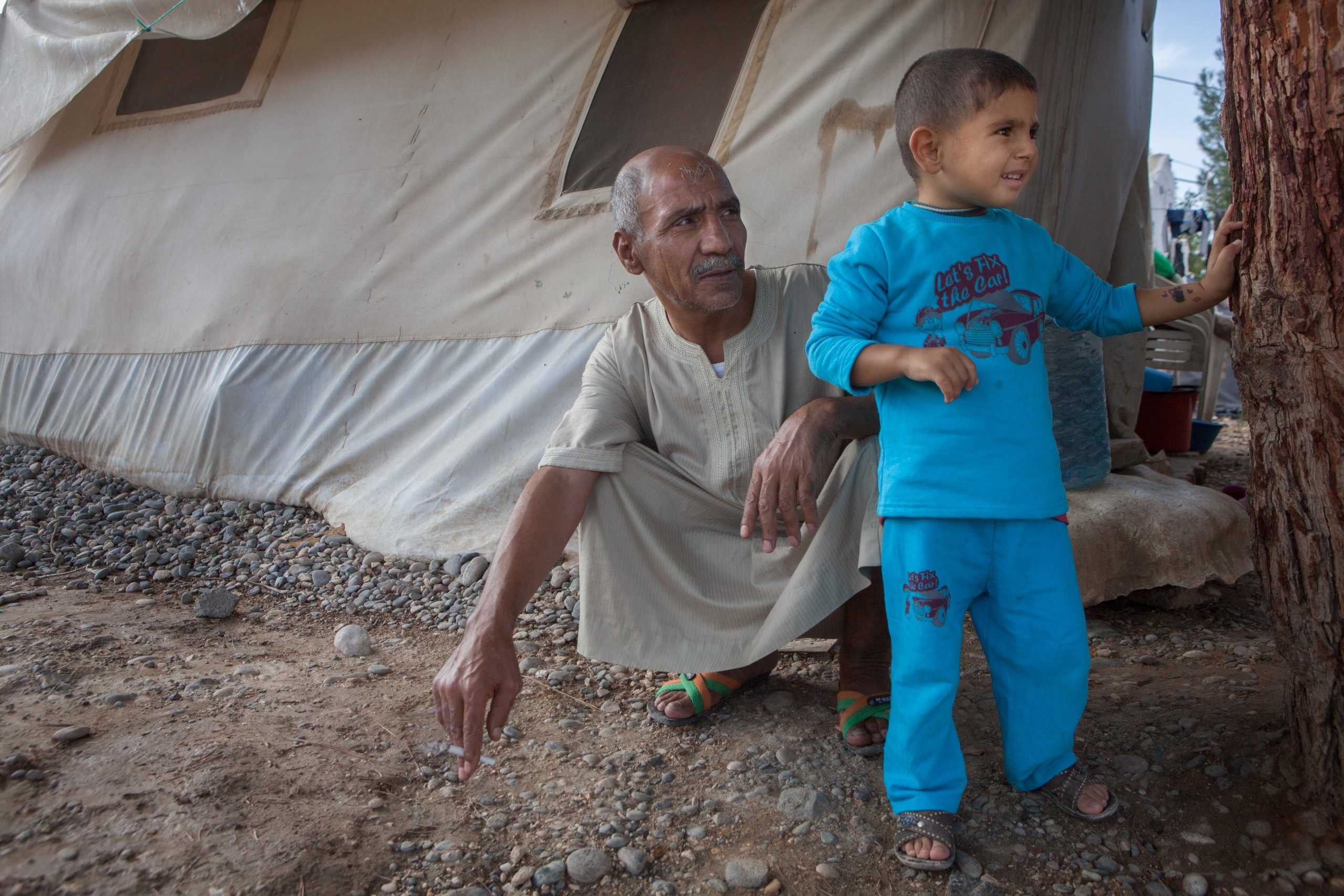The project will help thousands of children in Kenya and Ethiopia who have no access to life-saving vaccinations.
Thousands of vulnerable girls and children in Ethiopia and Kenya will continue to receive human papillomavirus [HPV] vaccinations, it has been confirmed, after Education Above All Foundation [EAA] and Gavi, the Vaccine Alliance, announced an extension of their partnership.
The projects aim to vaccinate over half a million of the most marginalised people over the next two years, said Anuradha Gupta, Deputy CEO of Gavi.
Great news: @Gavi and @EAA_Foundation, supported by @qatar_fund, are launching integrated education and immunization projects in Ethiopia and Kenya! These partnerships are essential to reach the millions of children who miss out on vaccines every year. https://t.co/YZB9hHUb4m
— Seth Berkley (@GaviSeth) August 5, 2021
Supported by Qatar Fund for Development [QFFD], the first project in Ethiopia aims to reach the country’s 90% nation immunisation target, 80% in each of the 11 targeted districts in the host community, and three refugee camps in the Gambella Regional.
This will ensure kids and vulnerable people are safe and healthy enough to fight deadly viruses.
“We are pleased that the recent contribution by Qatar Fund to GAVI has paved the way for a new strategic partnership between our long-lasting strategic partners Education Above All and GAVI,” Director-general of QFFD Khalifa Jassim Alal-Kuwari said.
The programme will target girls aged 14 as well as child human papillomavirus (HPV) vaccination among children under one years old, the foundation said, reaching 108,183 children and 995 adults.
“Through this strategic partnership, an integrated immunisation programme will be launched in Nigeria targeting more than 100,000 children and women. Furthermore, we are looking forward to the upcoming signing of projects in both, Ethiopia and Kenya,” the official added.
Read also: Qatar’s amir sends Lekhwiya rescue team to Turkey amid raging wildfires
Children in Ethiopia face a high risk of exposure to polio and cervical cancer due to harsh living conditions, in addition to a lack of access to essential vaccination support due to the coronavirus pandemic.
According to 2018 statistics by WHO, 20 million children worldwide and 872,828 children in Ethiopia missed out on lifesaving vaccines such as measles, pertussis, diphtheria and tetanus.
With vaccines being one of the most important tools for preventing outbreaks and keeping the world safe, it is essential to expand the vaccination drive in the country, especially for those who can’t access health facilities.
“Children in Ethiopia face a high risk of exposure to polio and cervical cancer, and lack access to essential vaccination support due to Covid-19,” said Gabriel Taeyoung Jung, CEO of Save the Children Korea.
“Through this immunisation initiative, the project has enormous scope to reach hundreds of thousands of children with life-saving vaccines that will protect them from preventable diseases and thereby improve their chances of regular school attendance and healthy cognitive development,” Taeyoung added.
Fahad al-Sulaiti, CEO of EAA, said the foundation noticed that children are more likely to enrol and remain in education if they are healthy, making the programme crucial for the future of thousands of people in both countries.
“EAA is committed to working with local communities to advocate for school enrolment and ensure access to quality primary education for the most marginalised. Together, through our existing education project, we will engage local and regional stakeholders to generate a marked improvement in health practices and mobilise resources at a time when they are most needed,” he added.
Sheikha Moza’s EAA kicks into action as Israeli raids bring Palestinian education to grinding halt
Meanwhile in Kenya, EAA’s project will be implemented in 16 arid and semi-arid land [ASAL] counties, the foundation noted.
To ensure as many children are benefiting as possible, the vaccination will take place in three zonal areas of Garissa, Kisumu and Lodwar as well as urban informal settlements in Nairobi where there are high numbers of out-of-school children.
Over the next two years, more than 257,400 girls who are both in and out of school in Kenya will benefit from the project.
“Girls in the ASAL counties of Kenya were already among the most disadvantaged children in the country, and they have been hard hit by the Covid-19 pandemic, including school closures and reduced uptake of vaccination,” UNICEF representative to Kenya, Maniza Zaman, said.
“Every child has the right to an education and to health care. In Kenya, this new partnership will improve learning and immunisation for an additional quarter of a million girls.”
EAA’s project intersects with the foundation’s education project with UNICEF, and both organisations will work closely together to “ensure that communities are mobilised to increase school enrolment and that girls receive the HPV vaccine when they reach 10 years of age.”
Follow Doha News on Twitter, Instagram, Facebook and Youtube







